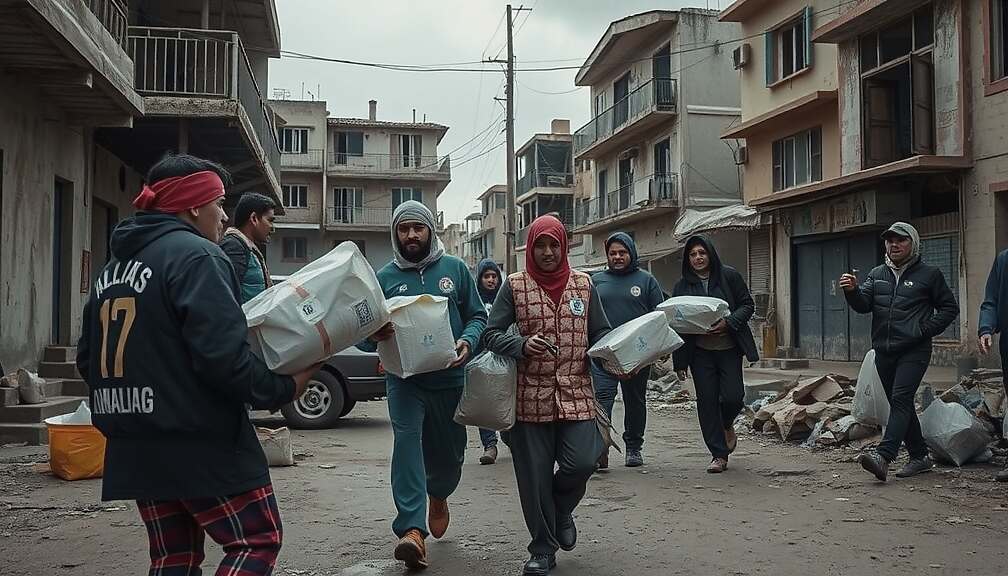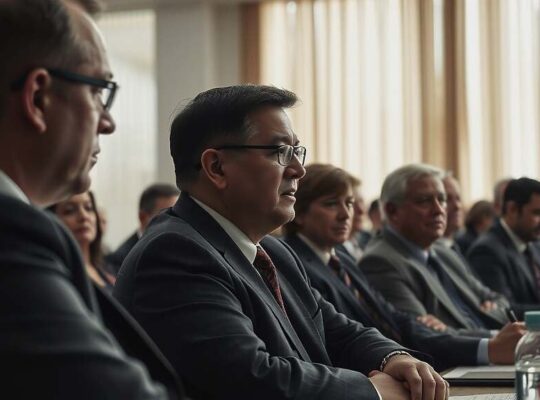German aid organizations are urgently appealing for improved access to those in need within the Gaza Strip, highlighting a rapidly deteriorating humanitarian situation and criticizing bureaucratic hurdles imposed by the Israeli government. The pleas, voiced in interviews with the “Rheinische Post”, paint a picture of a healthcare system on the brink of collapse and a population increasingly vulnerable to desperation.
Susanne Wesemann, head of Johanniter-Auslandshilfe, emphasized the immediate necessity of unrestricted access for established aid organizations and their supplies. The current limitations, she stated, are exacerbating the crisis and risking instability, with concerns growing that insufficient aid deliveries could trigger desperate attempts to seize shipments. Christian Reuter, Secretary-General of the German Red Cross, echoed this sentiment, detailing the immense strain placed on both aid workers and the local population due to chronic shortages.
Médecins Sans Frontières representative Lara Dovifat underscored the psychological toll on teams working in the region, further emphasizing the urgency of the situation. The organizations are facing significant challenges regarding personnel deployment, with the process of obtaining entry permits lengthy and opaque. Cadus, another German aid organization, confirmed the lack of transparency surrounding rejections, noting that no justification is provided for denied access.
Beyond the immediate crisis response, Cadus co-managing director Sebastian Jünemann pointed to the long-term reconstruction needs facing Gaza. Even in the unlikely event of a swift return to peace, rebuilding schools, housing and hospitals will require sustained international assistance, particularly from Germany. The current restrictions on access, critics argue, not only hinder current relief efforts but also jeopardize the possibility of long-term recovery and sustainable development within the region, raising questions about Israel’s commitment to facilitating a path toward stability. The organizations’ frustration reflects a growing tension between the necessity of humanitarian intervention and the political realities shaping access to those most in need.












